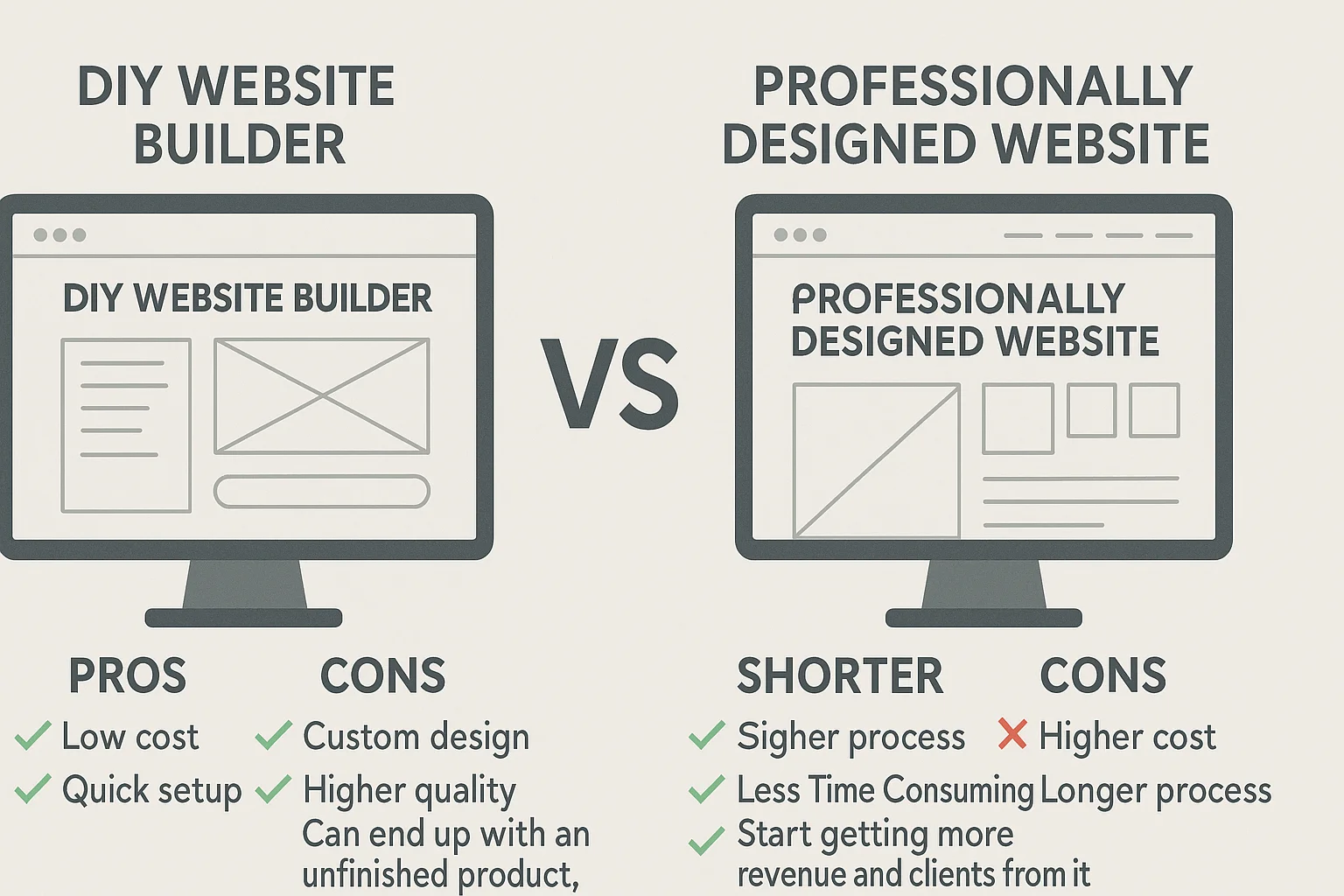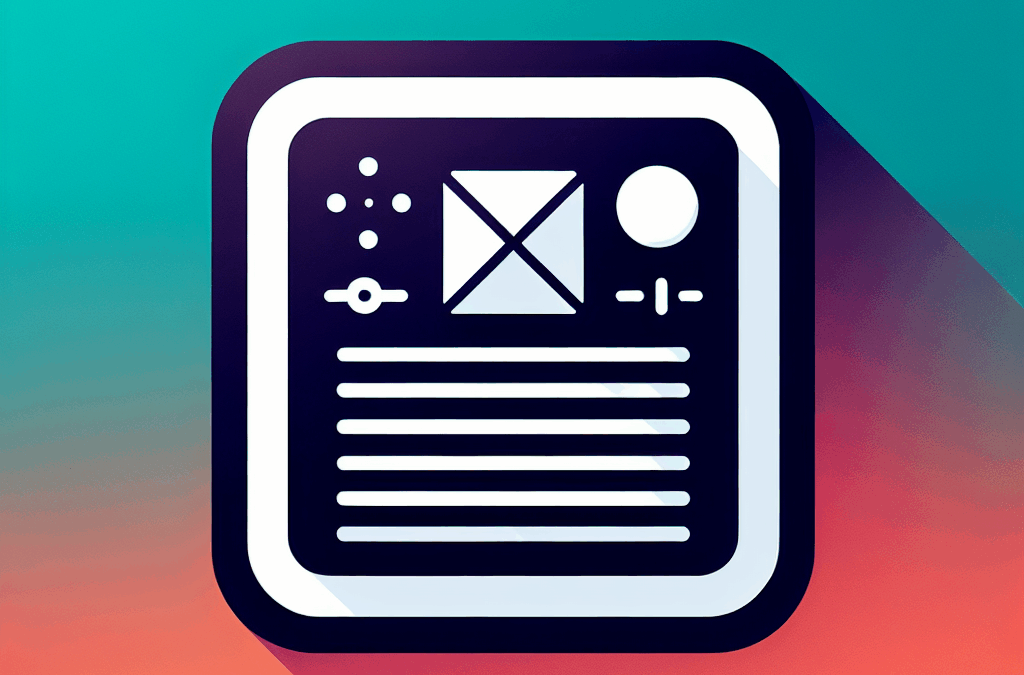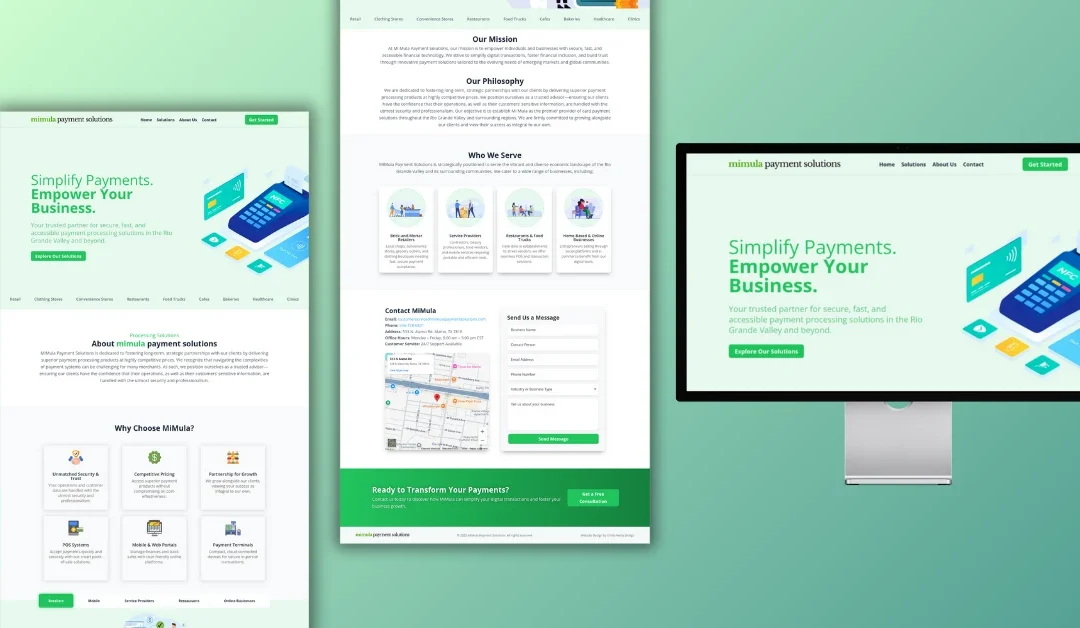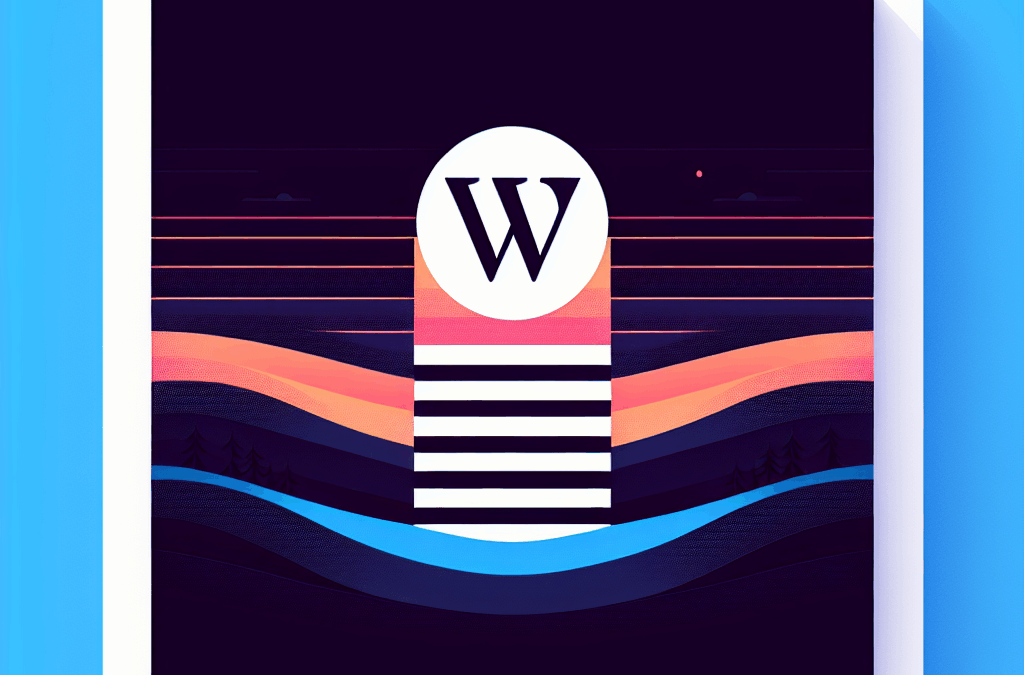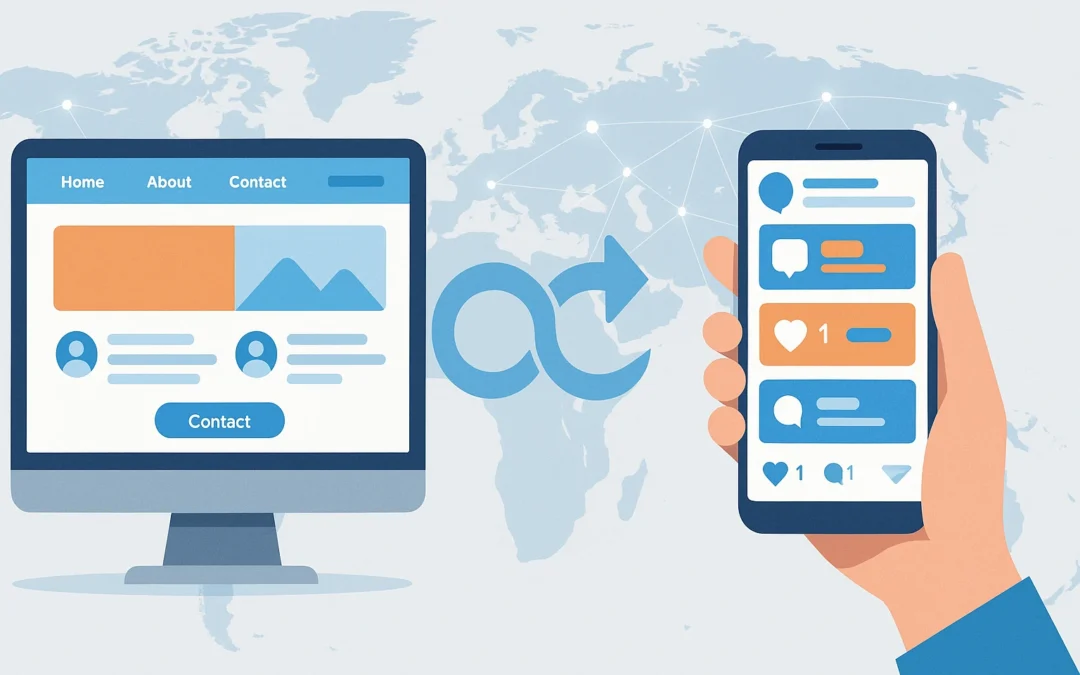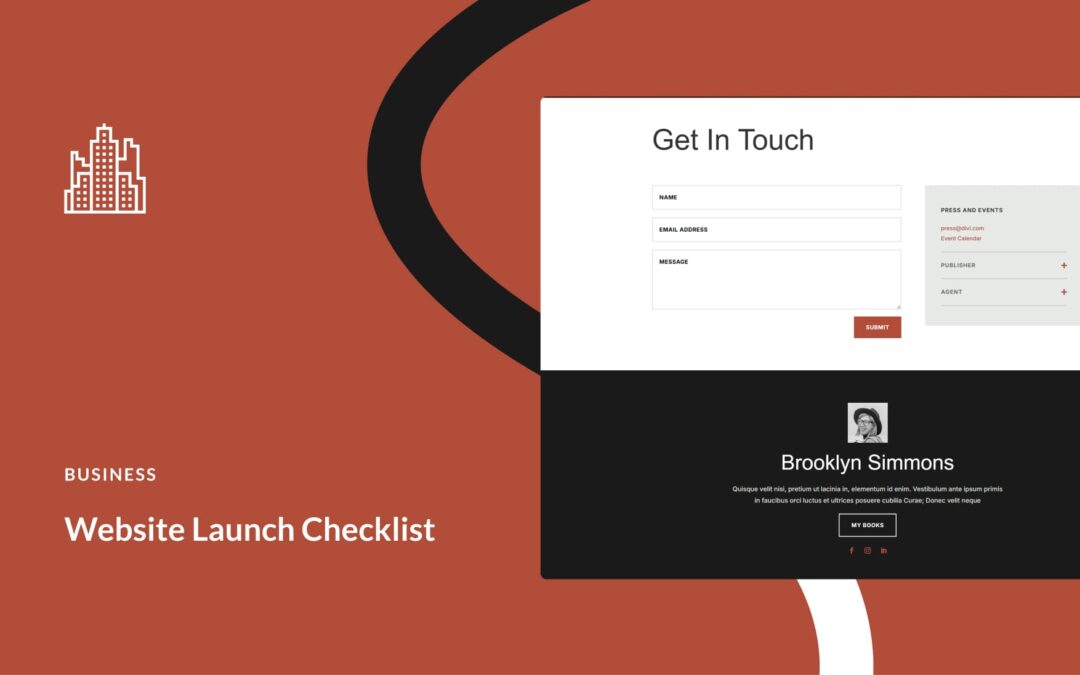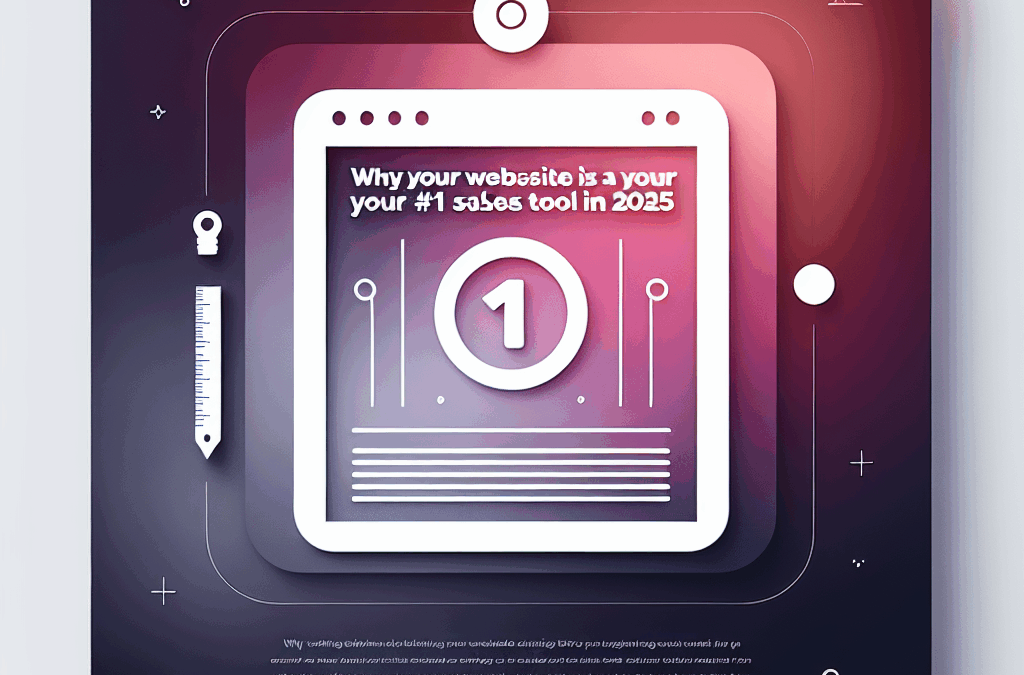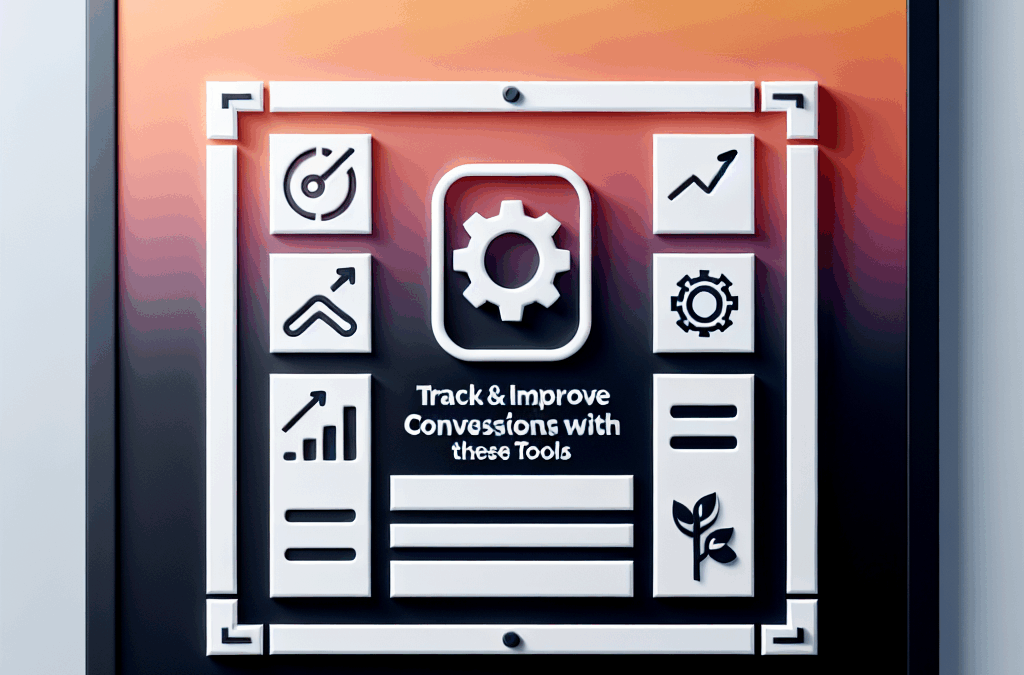What Every Business Owner Needs to Know Before Getting a Website for Your Business
If you’re considering getting a website for your business, you’re already on the right track to establishing a strong online presence. Whether you’re starting from scratch or looking to improve an outdated site, having a professional website is a crucial step in reaching new customers, building credibility, and growing your brand.
In this comprehensive guide, we’ll walk you through everything you need to know before getting a website—including design choices, budget expectations, timelines, and how to make sure your site performs well on Google.
Why Your Small Business Absolutely Needs a Website
No matter your industry, a website acts as your digital storefront. According to recent data, 76% of consumers look at a company’s online presence before visiting in person. Without a website, you risk being invisible to potential customers.
A professionally designed website can:
- Help you appear in search engine results (SEO)
- Allow customers to learn about your services or products
- Build trust and credibility
- Collect leads and drive conversions
- Showcase testimonials and work samples
Want to see what a professional website can look like? Browse our Website Design Portfolio.
How Much Does It Cost to Get a Website for Your Business?
This is one of the most common questions business owners ask.
Typical Costs:
- DIY Website Builders: $100–$500/year (Squarespace, Wix)
- Freelancers: $1,000–$3,000 for a basic site
- Professional Web Design Agencies: $3,000–$10,000+
Custom features, e-commerce capabilities, and SEO optimization will increase costs, but also increase your ROI.
Ready to start budgeting for your project? Check out our Get Started with Website Design page.
What Should Be Included on Your Website?
A high-performing small business website should include:
- A clear homepage with value proposition
- About page with your story and credibility
- Services or Products pages
- Contact form or booking system
- Testimonials and social proof
- Calls-to-action to guide visitors
- Blog or resources section (optional but powerful for SEO)
Think about your website as a tool to answer customer questions before they even contact you.
How Long Does It Take to Build a Website?
General Timeline:
- DIY or Templates: 1–2 weeks
- Basic Custom Website: 4–6 weeks
- Complex or E-Commerce Sites: 8+ weeks
Factors that influence timelines include content readiness, the complexity of design, and whether your branding is already established.
We recommend having:
- Your logo ready
- Core business messaging defined
- Images and portfolio items gathered
Custom vs. Template Websites: Which Is Better?
Template Websites:
- Pros: Fast, affordable, good for startups
- Cons: Limited flexibility, may look generic, harder to scale
Custom Websites:
- Pros: Unique design, optimized for SEO, built to convert
- Cons: Higher upfront cost, longer timeline
For businesses in competitive industries or those looking to scale, custom websites offer long-term value.
See examples of our Custom Websites for Construction Companies.
How Do You Get Found on Google? (SEO Basics)
Search Engine Optimization (SEO) is essential for getting your website in front of potential customers. Here are the basics:
- Use relevant keywords in your content
- Optimize title tags and meta descriptions
- Ensure mobile-friendly design
- Speed matters: load times should be under 3 seconds
- Use internal links to connect related pages
- Regularly update your content
Need help with SEO? We specialize in small business SEO strategies.
Should You Hire a Web Designer or Use a DIY Website Builder?
DIY Platforms (e.g., Wix, Squarespace):
- Low cost
- Simple to set up
- Limited customization
Professional Web Designers:
- Custom design tailored to your brand
- Better SEO and technical performance
- Ongoing support and updates
If your business depends on online visibility and customer trust, hiring a professional designer is an investment, not an expense.
What’s Included in a Professional Web Design Package?
At Ericks Webs Design, our typical web design package includes:
- Strategy session
- Custom design and layout
- Mobile optimization
- SEO setup (meta tags, keyword placement, image optimization)
- Contact forms and lead capture
- Post-launch support and training
We also offer branding and content writing services if you need help shaping your message.
How Often Should You Update Your Website?
Regular updates improve SEO and keep your content relevant. Plan to:
- Review content every 3–6 months
- Update services, pricing, and portfolio items
- Add blog posts or new resources
A static, outdated website can hurt your credibility.
Learn how to keep your site fresh with insights from our Small Business Tips Blog.
How to Get Started with a Professional Web Designer
Here’s a step-by-step:
- Define your goals – What do you want your site to accomplish?
- Set a realistic budget – Consider the ROI of a strong site.
- Gather assets – Logos, photos, bios, etc.
- Book a consultation – Talk to a designer about your vision.
- Get a proposal – Outline of deliverables, timeline, and cost.
We make this process easy with our streamlined onboarding and client portal.
Ready to talk? Get Started with Website Design
Final Thoughts
Getting a website for your business doesn’t have to be overwhelming. With the right strategy, partner, and content, your site can become one of your most valuable marketing tools. Take the time to understand your options and make informed choices.
We can help with all of this so you can focus on your business.
Getting a Website for Your Business
